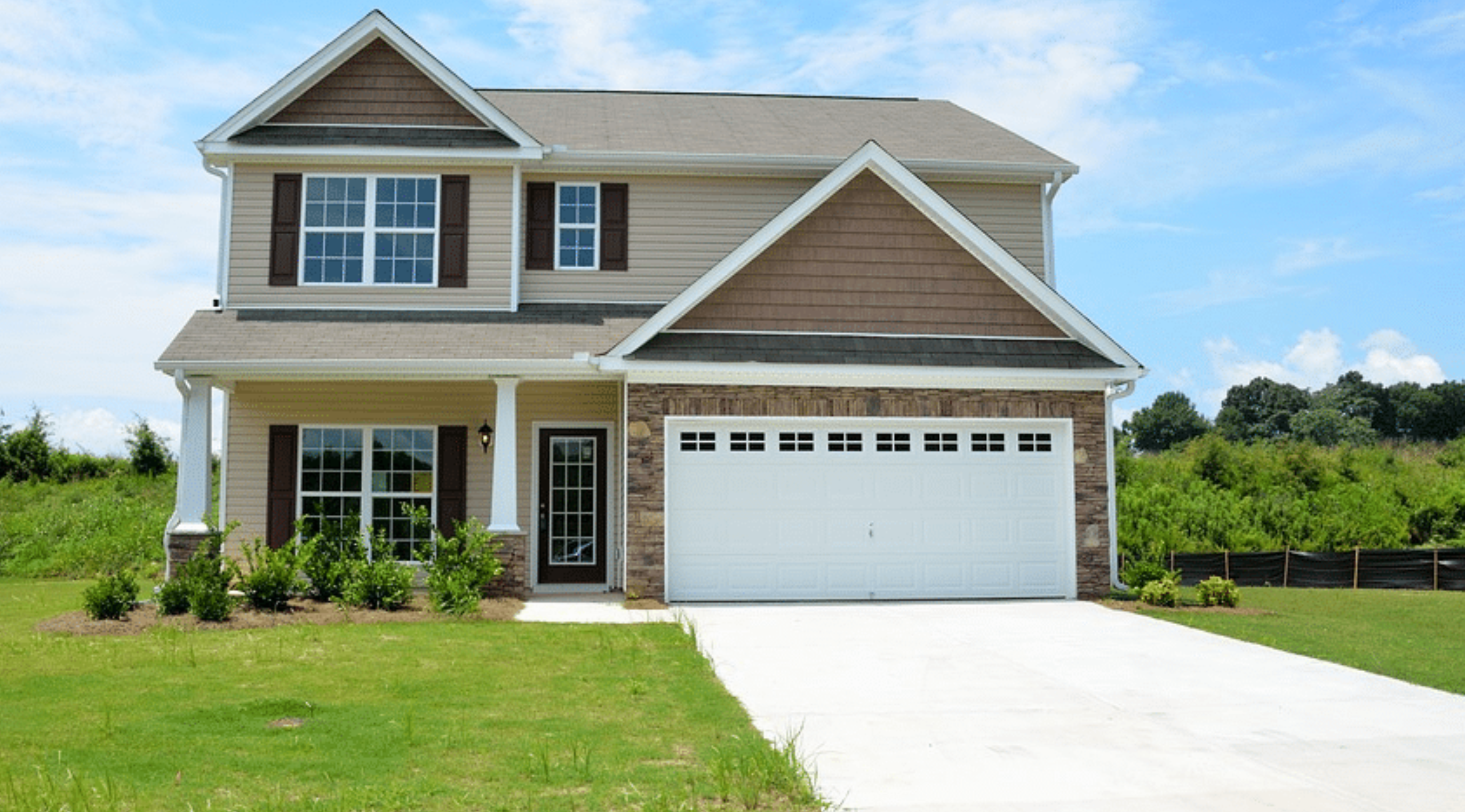The Impact of Outdoor Spaces on Residential Property Value
https://buymeacoffee.com/kaysogy/the-impact-outdoor-spaces-residential-property-value
 In today's real estate market, outdoor spaces have significantly influenced residential property values. Buyers now prioritize homes with inviting outdoor areas, given the lifestyle benefits they provide. Enhanced property features like landscaping, patios, and gardens add aesthetic value and can be pivotal in increasing a property's financial worth. This article delves into how outdoor spaces impact property value, from functionality to market trends, providing insights for buyers and sellers looking to maximize investment potential.
In today's real estate market, outdoor spaces have significantly influenced residential property values. Buyers now prioritize homes with inviting outdoor areas, given the lifestyle benefits they provide. Enhanced property features like landscaping, patios, and gardens add aesthetic value and can be pivotal in increasing a property's financial worth. This article delves into how outdoor spaces impact property value, from functionality to market trends, providing insights for buyers and sellers looking to maximize investment potential.
1. The Growing Demand for Outdoor Living AreasModern homeowners and potential buyers have a greater appreciation for outdoor living. Whether it's a deck for entertaining, a garden for relaxation, or a fully equipped outdoor kitchen, these spaces contribute to a property’s appeal. Recent real estate trends indicate that homes with well-designed outdoor spaces are more attractive in competitive markets, often fetching higher prices than comparable properties without these amenities.
2. How Landscaping Enhances Curb Appeal: One of the first aspects that catch a buyer's eye is the landscaping. Quality landscaping—including well-maintained lawns, flowering plants, and strategic lighting—can elevate a property’s curb appeal. Studies reveal that properties with excellent landscaping can see an increase in value by up to 15%. Landscaping investments often pay off by making the home more visually appealing and accessible, thereby boosting both interest and asking price.
3. Functional Outdoor Spaces Add Usable Square Footage: Outdoor spaces that function as an extension of the indoor living area, such as patios, decks, or sunrooms, provide usable square footage that’s especially appealing. With home offices on the rise, some buyers view outdoor spaces as potential extensions of workspaces or areas for leisure, adding practical and market value. Homes with dedicated outdoor seating, fire pits, and outdoor dining areas create an allure that can justify a premium.
4. Privacy and Security: Key Influencers of Property Value: Privacy is paramount for many homebuyers, especially in urban settings. Fenced yards, tall hedges, and well-placed trees create seclusion and enhance the feeling of a personal sanctuary. Moreover, secure, enclosed outdoor spaces are appealing to families and pet owners, adding perceived value. Investing in privacy-enhancing landscaping or fencing can thus make a property more desirable to a broad range of potential buyers.
5. The Environmental Appeal of Eco-Friendly Outdoor Designs: With increasing awareness of environmental issues, eco-friendly landscaping has gained popularity. Sustainable outdoor features like rainwater harvesting systems, drought-resistant plants, and solar lighting not only reduce the homeowner's environmental footprint but also appeal to eco-conscious buyers. Properties that demonstrate sustainable practices tend to attract a specific market, especially in regions where green real estate is in demand.
6. Outdoor Recreational Amenities as Value-Boosters: Outdoor amenities such as swimming pools, play areas, and sports courts can set a property apart in the market. These features cater to families and individuals who prioritize recreational activities at home, allowing for convenience and cost savings over time. While pools, for example, may not appeal universally, in regions with warmer climates, they often command higher property values.
7. Outdoor Spaces: A Differentiator in the Luxury Market: In the luxury real estate market, premium outdoor spaces are almost essential. High-end buyers often expect features like outdoor kitchens, infinity pools, and elaborate gardens, which serve as status symbols and offer a sense of exclusivity. Luxury properties with well-appointed outdoor areas provide a lifestyle experience that is highly appealing and can significantly increase property value.
8. Maintenance and Longevity: Long-Term Value Considerations: While outdoor features can enhance value, they also come with upkeep requirements. For example, wooden decks need regular sealing, while gardens may require routine care. Sellers should consider the cost-benefit of these investments and how well-maintained outdoor spaces can positively influence value. Similarly, buyers should assess potential maintenance costs, ensuring they align with long-term investment goals.
9. Regional Preferences and Climate Considerations: Property features often vary in value depending on the location and climate. For example, a fire pit may add appeal in colder climates, while shaded pergolas or covered patios are attractive in warmer areas. Understanding regional preferences can guide both sellers in preparing a property for sale and buyers in evaluating their needs. This adaptability makes outdoor spaces universally beneficial, yet uniquely tailored based on geographical demand.
10. Adding Value Through Low-Cost Outdoor Improvements: Small changes to an outdoor space, like adding potted plants, upgrading furniture, or incorporating lighting, can enhance its appeal without significant investment. Simple, well-planned enhancements can make outdoor areas look inviting and polished. These budget-friendly modifications often yield high returns in buyer interest and can improve a property’s marketability.
Conclusion: Outdoor spaces have evolved from a “nice-to-have” to a fundamental component of property value in residential real estate. Thoughtfully designed, functional, and sustainable outdoor areas not only enhance the aesthetic appeal of a home but also provide an opportunity for sellers to achieve higher valuations. Buyers who recognize the value of these spaces are often willing to pay a premium, making outdoor enhancements a smart investment for homeowners.
In a dynamic market, investing in outdoor spaces that cater to lifestyle and environmental trends can ensure a home remains appealing, competitive, and valuable. As outdoor living continues to be a sought-after feature, both buyers and sellers will benefit from recognizing and capitalizing on the impact of these spaces.
Comments
Post a Comment